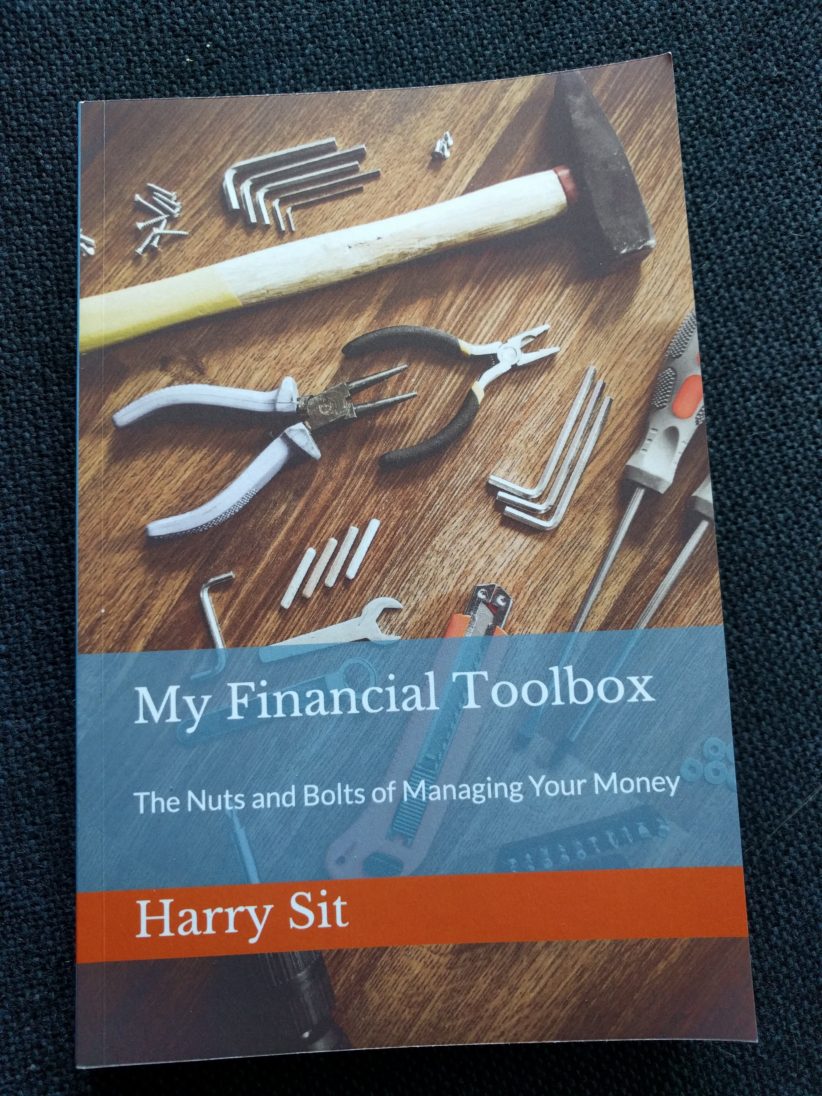Harry Sit is a self-taught financial savant who pens the popular blog The Finance Buff, which has been around since 2006 - a remarkable lifespan that easily qualifies him as the Galapagos tortoise of finance bloggers. I discovered his blog through Mike Piper's Oblivious Investor blog, another excellent resource.
Harry's financial savvy is more compelling once you hear his back story. He emigrated to the US as a student, developed an expertise in finance because he wanted to be a source of sound advice for the employees he served in his human resources position, and then proceeded to teach himself the finer points of personal finance, tax optimization, investing, and retirement accounts.
I've been a huge fanboy since I read his account of setting up his own mega backdoor Roth in a solo 401k, which sealed his reputation as a financial Houdini championing the cause of the little guy. By dumb luck, I picked a seat next to Harry at WCI Con 20, during Physician on Fire's lecture about philanthropy in early retirement.
I thanked him for his blog, said something vaguely embarrassing, and that was that...until I got home and found his latest book in my swag bag! I finished it this morning, and thought it worth sharing a useful tip he provided as well as who this book might be most useful for.
The tip is to consider the Fidelity Cash Management account is an ideal vehicle to serve as a primary checking account even thought technically it's a brokerage account. What makes it so great is the intersection of versatile uses without arbitrary fees:
- No fees.
- No minimum balance.
- FDIC insured.
- Interest rate beats most banks.
- Allows direct deposit.
- Allows autopay.
- Free checking.
- Debit card reimbursing all ATM fees (domestic and international).
- Free bill pay.
- Free mobile deposit (cash checks from your phone via app).
- Ability to link to outside accounts.
- Free electronic fund transfers (a.k.a., ACH transfers) occurring in 1 business day.
- Free wire transfers.
Pretty great utility as a functional checking account to move money into and out of.
Harry uses two guiding principles for his financial decisions: "set and forget" and "good enough." This book is great for a newbie looking to learn how a sophisticated financial mind models simplicity in practice.
He also earns my trust by endorsing accounts and institutions that he uses himself, forgoing the potential for lucrative affiliate relationships. Lest this sound like a minor sacrifice, he had 1.9 million visitors to his blog in 2019.
I enjoyed My Financial Toolbox as a cut-to-the-chase, no nonsense inventory of low fee vehicles, trustworthy institutions and sound recommendations.
The writing is clear and concise, while the explanations are straightforward and mostly jargon-free. It likely has greater application for an enthusiastic beginner than for a personal finance intermediate, although in naming of the banks and brokerages he uses he includes more actionable information than the typical newbie theoretical tract.

